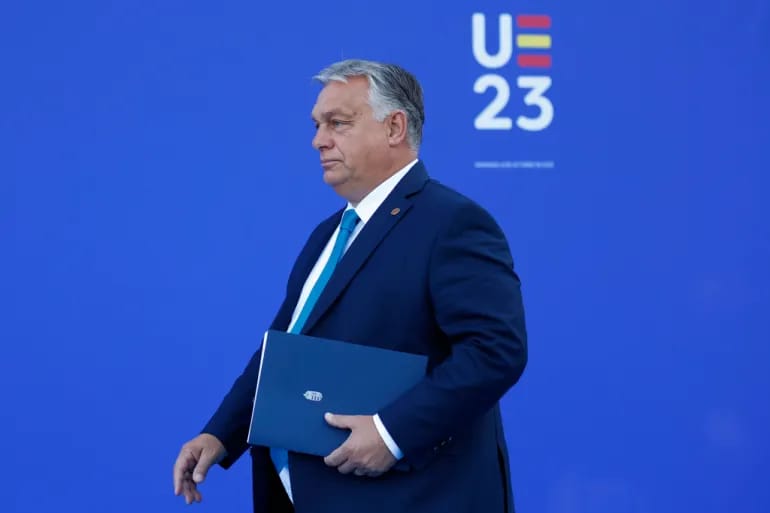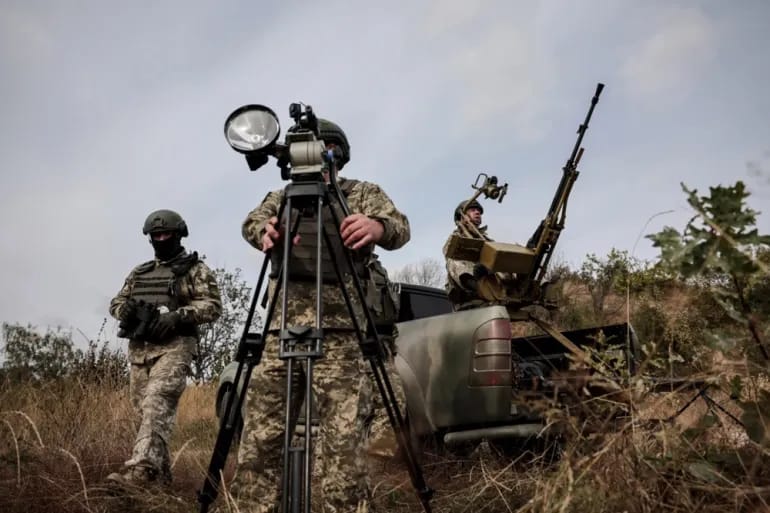The European continent finds itself at the epicenter of a political maelstrom as migration reform becomes an increasingly contentious issue. In a dramatic conclusion to a recent European leaders’ summit, far-right leaders from Hungary and Poland have vehemently opposed a proposed statement on irregular migration. This clash highlights the deep-seated divisions within the European Union (EU) over how to address this critical issue and underscores the growing influence of far-right parties. Amidst this discord, European Council President Charles Michel was forced to issue a separate statement on asylum policy and border protection, while the legislative process on migration reform continues as planned, according to the French and German leaders.
A Standoff on Migration Reform
Hungarian Prime Minister Viktor Orban and Polish Prime Minister Mateusz Morawiecki emerged as key figures in the standoff over migration reform. They rejected the proposed statement intended for inclusion in the summit’s conclusion, leaving EU leaders in a state of uncertainty. This rejection has far-reaching implications, not only for EU policies but also for the domestic political ambitions of Orban and Morawiecki.
Political Posturing at Home
While the clash at the summit reflects their opposition to EU-led migration reform, it also provides a platform for Orban and Morawiecki to bolster their populist credentials among their respective domestic audiences. Morawiecki, who faces a general election this weekend, celebrated his “veto” on the joint statement, asserting that it halted the progress of migration reform, giving Poland an opportunity to thwart the process. Meanwhile, Orban drew controversy by likening accepting refugees to sexual assault, framing the debate in stark terms that resonate with his far-right supporters.
A Divided EU on Migration
The rift within the EU over migration reform has been festering for years, further exacerbated by the rise of far-right parties across the continent. While some progress was made during the summit regarding addressing periods of high arrivals, the larger immigration overhaul remains contentious, especially with upcoming EU elections on the horizon. Europe’s approach to border militarization, deportations, and deterrence measures has come under scrutiny, with critics arguing that these policies have led to tragic loss of life and human rights abuses.
European Commission President Ursula von der Leyen, on the other hand, remained cautiously optimistic about the summit’s outcome. She praised Wednesday’s agreement as a “big success” in the ongoing puzzle of migration and asylum reform. However, the deepening divide within the EU underscores the complex challenge of finding common ground on this critical issue, even as the continent grapples with the consequences of irregular migration. The coming months will undoubtedly witness further heated debates and political maneuvering as EU leaders seek to bridge the gap between differing visions of migration reform.
















